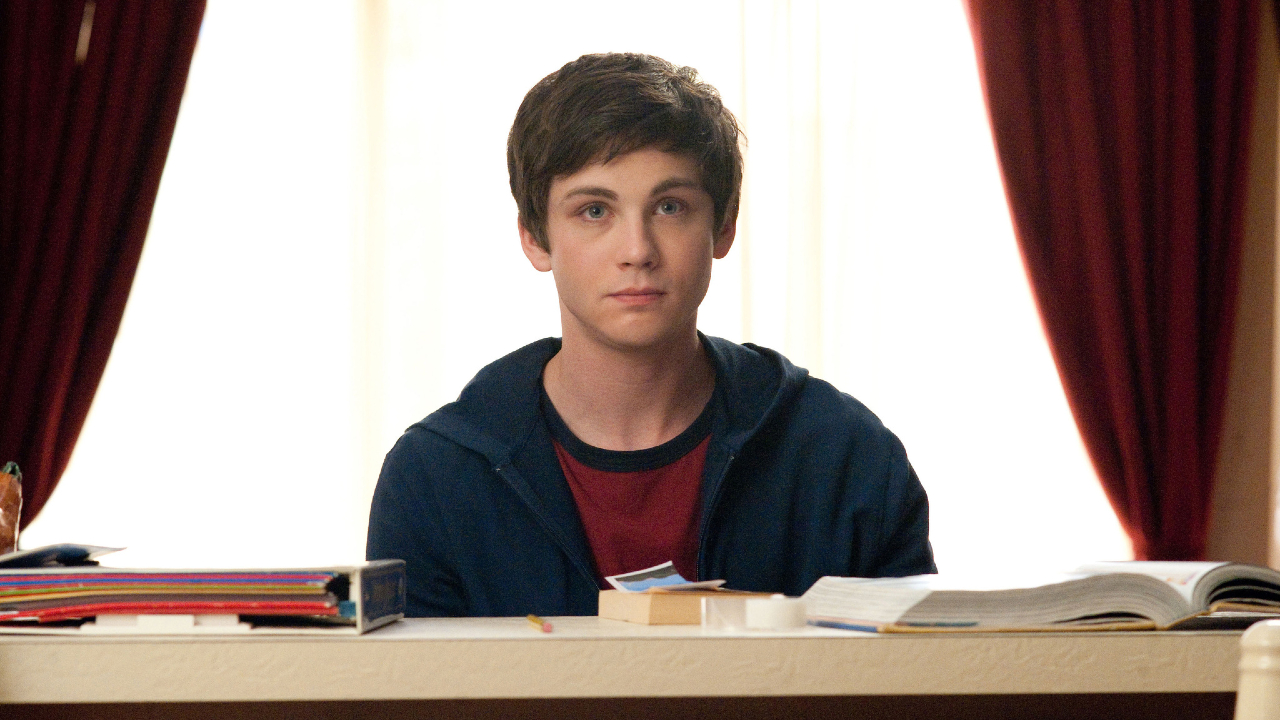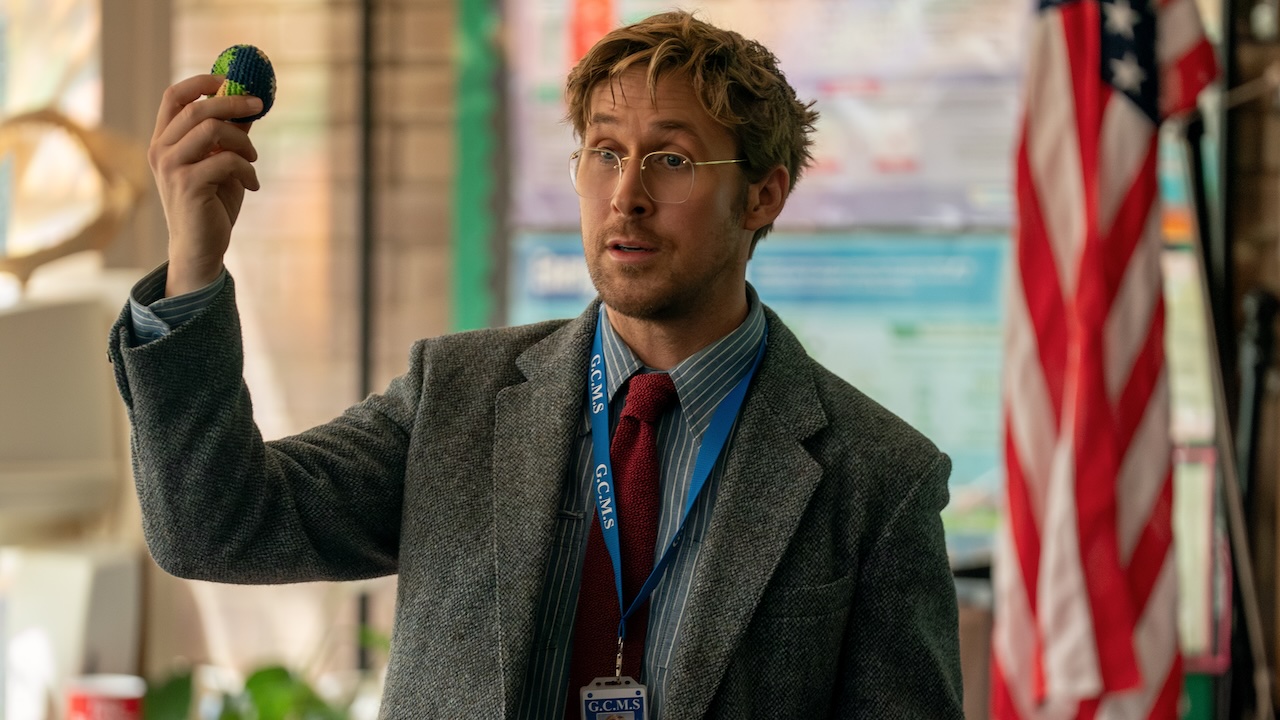Perks Of Being A Wallflower Director Reveals Why He Changed The Story For The Movie

Your Daily Blend of Entertainment News
You are now subscribed
Your newsletter sign-up was successful
Odds are if you're a fan of the book The Perks of Being A Wallflower at all, you're a hardcore fan. The 1999 novel by Stephen Chbosky just attracts that kind of fan base, with people recognizing themselves in the lonely Charlie and his group of misfit friends, going through the tragedies both large and small that are part of the deal when you're a teenager. Chbosky has wanted to adapt the book into a film essentially since he wrote it-- he started out as a director and screenwriter, after all-- but it took a long time for the film version to come together, for reasons that Chbosky told me had less to do with the slow development process in Hollywood and more with his own attachment to the characters he created.
That full conversation will go up tomorrow, but in the meantime, I wanted to share the specific details he shared about adapting his own novel into a film, and the tough choices he had to make about which scenes and story lines to cut. If you've read the book and seen the movie you should also check out our Book vs. Movie feature that really digs into the way the two stories differ, then read below to see how it happened straight from the man who wrote the book, then adapted and directed the movie.
The Perks of Being A Wallflower is in limited release now and expanding to more theaters in the coming weeks.
You stay pretty faithful to the book, but one big change I noticed was the change in the relationship between Patrick and Charlie. You trimmed it so it was a little less dark. What made you make that specific change?
Patrick alludes to that at the time. The reason I did it was I didn't have that much screen time. I also felt that Patrick, the way I saw him in the movie-- with every other character, with every other storyline, I tried to distill it into the essence of what it meant to me emotionally. To me, the few letters where Patrick was going down the rabbit hole in the book, it came down to that moment in the park in the movie, where he kisses Charlie. He's trying to keep himself numb, he's trying to keep the party going, and then he can't do it anymore. I knew instinctively that if I had 10 minutes of darkness and then I had the turn, it would have stuck out like a sore thumb in the movie. In the book it's great, we have plenty of room. But in the movie it would have been too much.
Were there other hard decisions in there, in terms of boiling it down?
There were a few. I did the script, and I shot a scene between Charlie and his best friend Michael, and this young actor named Owen Campbell did a wonderful job as Michael. I loved the scene. But once I cut it into the movie I realized that movies are so much more literal than books. Books you have room, you can have two ghosts in a book, you can't have two ghosts in a movie. I didn't know that going in.
Your Daily Blend of Entertainment News
The last thing I let go of was the subplot with Charlie's sister getting pregnant. I wrote it and shot it, Nina Dobrev did a great job. I felt that when I had that in there, and then you have the cafeteria fight and the moment with Charlie and Patrick in the park, it was too much. I learned this as a novelist and a filmmaker. In a novel the reader is 100% in charge, with the pace, how fast you read, when you put it down, when you choose to step away. Whereas a viewer, the filmmaker specially in the movie theater, we're the ones in charge. You have to be very respectful of people's emotional limits. All I wanted to do was make a movie that had the same emotional release that the book does.
There are a lot of heavy emotions, and we have to go through it because Charlie is going through it, but you also have to keep it from being like an over-the-top 50s melodrama.
The calibration of the editing of those moments, and also the pace leading up to it, that's why the subplot with his sister could not fit. You would have burned out. It was knowing that instinctively. I wanted to make a movie that my cousin Chuck, who is a prison guard in eastern PA, would respect. And go along on that journey. That's why the character of the father was so important. There had to be one voice in this movie that said "Hey guys, let's walk it off, huh.' If we're precious about everything, it treats people in a strange way like a victim. Anything you go through, you've got the tools to get over it.
Staff Writer at CinemaBlend

